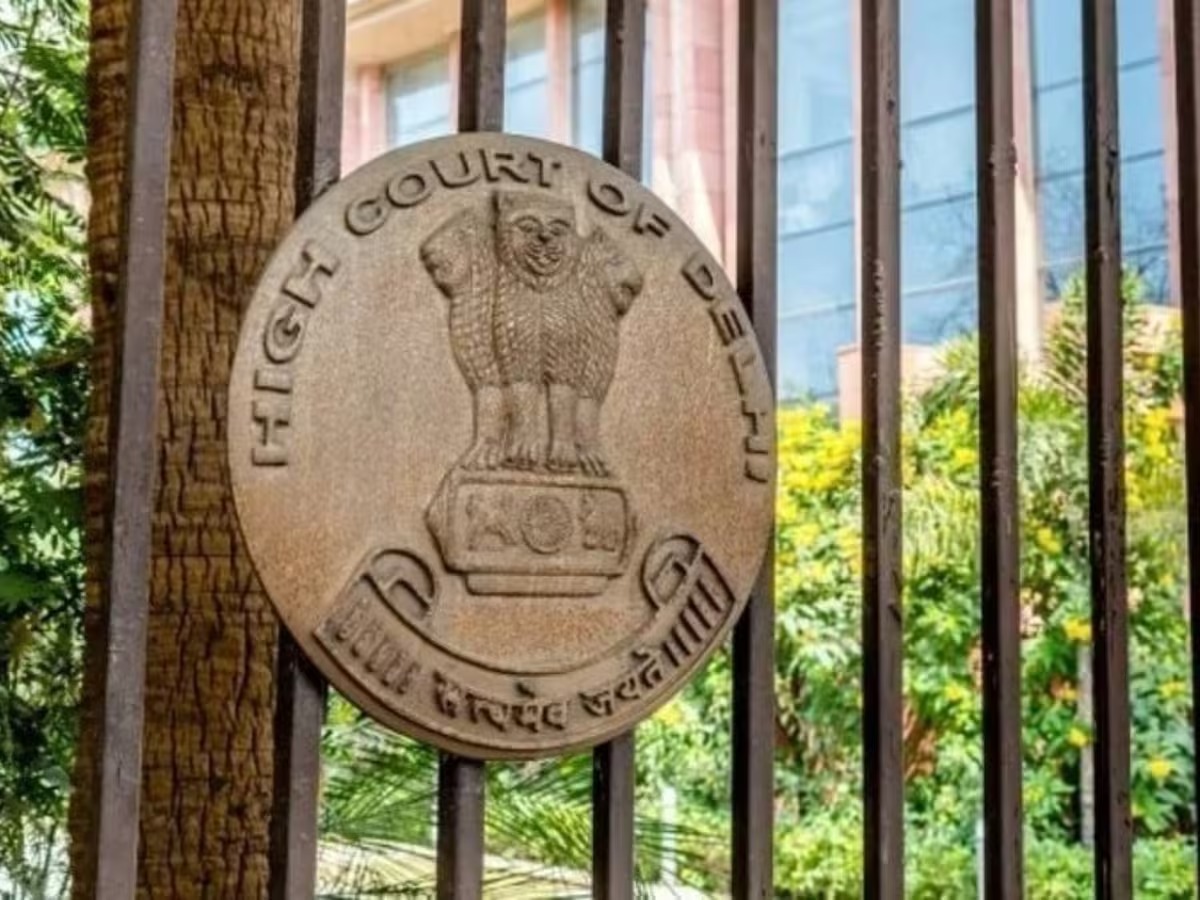Tapan Mukherjee, J.@mdashThe plaintiff/appellant filed the suit for on the ground of reasonable requirement and the suit was decreed.
2. Being aggrieved the defendant/tenant preferred First Appeal and the appeal was allowed reversing the judgment of the learned trial Court and against that judgment and decree of the learned First Appellate Court Second Appeal 29/06 was filed by the plaintiff/landlord. The Second Appeal was allowed and the judgment and decree of the learned First Appellate Court were set aside and the decree of ejectment passed by the learned trial Court in Ejectment Suit No. 2104/2000 stood affirmed.
3. Before the learned Second Appellate Court the defendant/tenant relied on agreement of tenancy which was executed on 11.9.93 and contended that the tenancy was not according to full English calendar month but it was from 11th day of month and up to the 10th day of next month and the notice of ejectment expired with the last day of calendar month cannot be considered to be a valid notice terminating the tenancy. Learned Second Appellate Court did not find the notice of ejectment invalid and allowed the Second Appeal setting aside the judgment and decree passed by the learned First Appellate Court and restoring those of learned trial Court.
4. Being aggrieved the tenant preferred SLP before the Supreme Court.
5. The Supreme Court allowing the Civil Appeal No. 2637 of 2009 arising out of SLP No. 27146 of 2008 observed as follows:
In this case, one of the important issues which arises for consideration is the date from which the tenancy has commenced. According to the appellant, it has commenced from 11 to 10 of succeeding month. For that, the appellant places reliance on the agreement of tenancy dated 11th September, 1993. However, before this Court, for the first time, an argument is being advanced by the respondent, which is not disputed, that the agreement of tenancy is an unregistered document.
6. Since the question goes to the root of the matter, we allow the Civil Appeal and remit the matter to High Court to consider the effect of non-�registration, insofar as the validity of the notice of termination is concerned.
7. We request the High Court to expeditiously hear and dispose of the matter."
8. So in view of the direction of the Apex Court I am to consider the effect of non-registration of the agreement of tenancy dated 11.9.93 insofar as the validity of the notice of termination is concerned.
9. It has been contended by the learned Lawyer for the appellant that the tenancy was according to full English calendar month and the tenant paid rent for the whole English calendar month and not from a certain period of a month to a certain date of next month. In the proceedings u/s 17(2) W.B.P.T. Act the nature of monthly tenancy was settled.
10. He has further contended that in view of non-registration 9f the lease deed, terms of the deed of lease cannot be looked into. It can be used for collateral purpose only. Learned Counsel has invited our attention to proviso to Section 49 of the Registration Act and contended that in view of the said proviso the unregistered agreement of tenancy can only be looked into for collateral purpose.
11. Learned Counsel for the appellant has placed reliance upon the ruling reported in
12. He has also placed his reliance upon the ruling reported in AIR 1971 Del 243 where it has been held that unregistered document can be looked into for collateral purpose for ascertaining nature of tenants'' possession. Learned Counsel for the appellant also placed his reliance upon a ruling reported in
13. Learned Counsel for the respondent has contended that as per agreement of tenancy the tenancy shall commence on and from date of filing of the agreement. The agreement was executed on 11th September, 1993 and obviously the monthly tenancy would be from 11th day of English calendar month to 10th day of next English calendar month and the tenancy cannot expire on the last day of English calendar month and notice of ejectment issued terminating tenancy on the last day of English calendar month is a bad notice and such notice cannot terminate tenancy according to law.
14. Learned Counsel for the respondent has placed reliance upon the ruling reported in
15. Learned Counsel for the respondent has also placed his reliance upon the ruling reported in 2006 (2) CLJ (Cal) 236 where it has been held that once it is .established that the tenancy is governed by the provisions of the West Bengal Premises Tenancy Act, in absence of a valid notice u/s 13(6) of the Act, a suit for eviction of the tenant is not maintainable.
16. Learned Counsel for the respondent has further contended that apart from the unregistered agreement of tenancy it has been admitted by P.W.1, Sharmistha Bhattacharya on behalf of the plaintiff that on 17.9.93 defendant was inducted in the suit premises and there was tenancy agreement and he signed that agreement. If this evidence to be considered then notice of ejectment expiring with the last day of English calendar month is not valid and the said notice is not in conformity with the provision of Section 13(6) of the West Bengal Premises Tenancy Act. The notice should have been issued expiring with the month of tenancy not with the expiry of the month.
17. In view of Section 107 of the Transfer of Property Act, a lease of immovable property from year to year, or from any term exceeding one year or reserving a yearly rent, can be made only be registered instrument. As it is an agreement of tenancy exceeding one year so this agreement of tenancy is required to be registered. By virtue of Section 49 of the Indian Registration Act such unregistered agreement of tenancy can be looked into for collateral purpose.
18. In the case reported in AIR 1971 Del 243 it has been held that the lease deed is not admissible in evidence to prove the lease or for showing the creation, declaration, assignment, limiting or the extinguishing of a right to immovable property but it provides good evidence to prove the nature of the respondent-tenant''s possession, that he is in possession of the premises in dispute for purposes of having his residence and carrying on his profession there.
19. In that case decision in case of Rama Vidya Bhushan Singh vs. Ratiram in C.A. No. 460 of 1966 reported in 1969 UJ (SC) 21 was referred. In that decision the Supreme Court held that the defendant, in order to support his plea that his possession was that of a tenant was entitled to rely on recitals contained in the unregistered agreement of lease, which otherwise was inadmissible to support his plea of a lease for 15 years. Shah, J. speaking for the Court observed "A document required by law to be registered, if unregistered, is inadmissible as evidence of a transaction affecting immovable property, but it may be admitted as evidence of collateral facts, or for any collateral purpose, that is for any purpose other than that of creating, declaring assigning, limiting or extinguishing a right to immovable property."
20. In the case reported in
21. It appears that collateral purpose is by the side of or distinct from the main purpose. The main purpose of the lease deed is to create, declare, assign, limit or extinguish a right to immovable property.
22. So, the unregistered agreement of tenancy in this case can be looked into for ascertaining the commencement of possession i.e., for ascertaining the fact when the tenancy commenced and said fact is besides the principal purpose or main purpose as the said matter does not create, declare, assign, limit or extinguish the right to the disputed premises and the same is by the side of or distinct from the main purpose and can be termed as collateral purpose and the same will come with the expression of the collateral purpose as contemplated in proviso to Section 49 of the Indian Registration Act.
23. It appears from the said unregistered agreement that the tenancy will commence on and from the date of signing of the agreement. The agreement was signed on 11th day of September, 1993. So, he tenancy commenced from 11th day and the monthly tenancy will be from 11th day of a month to 10th day of a succeeding month and for determining such tenancy, notice is to be served expiring with the month of tenancy and the notice of ejectment determining the tenancy on the expiry of 28th February, 2000 i.e., on the last day of full English calendar month is not a valid notice and the suit of ejectment is not maintainable in view of the said invalid notice and the suit is liable to be dismissed on this score.
24. In the result, the appeal is dismissed.
25. The judgment and decree of the learned First Appellate Court stands affirmed. The suit stands dismissed. In the circumstance, I make no order as to costs.
26. Xerox certified copy, if applied for, be given to the parties as expeditiously as possible.

